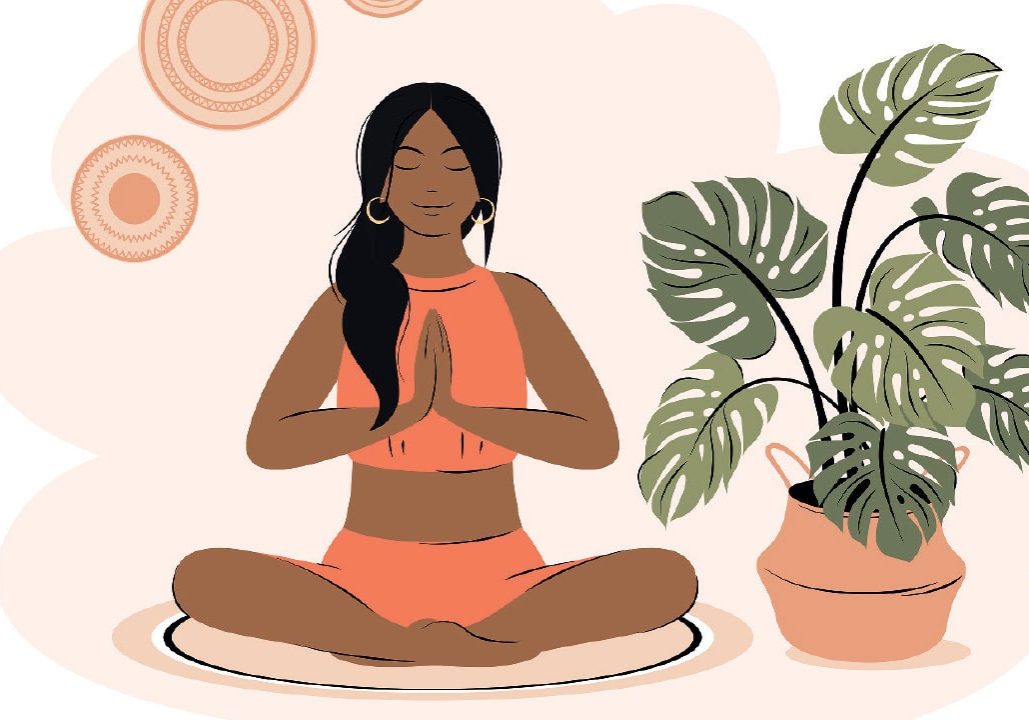
Living the teachings – Karma
Understanding yoga's everyday spiritual meanings. This month: karma. By Sue Pugh
One of the earliest references to the ethical implications of karma was provided in the Vedas (sacred scriptures). A Vedic theologian Yajnavalkya expressed a belief that: "A man turns into something good by good action and into something bad by bad action." Nowadays we generally consider karma to mean that 'what goes around, comes around', or reaping what we sow.
However, it is an expression that can be interpreted in several ways, with the ancient view acting as a warning to us to not misbehave, or else, just being one interpretation. Indeed, the concept of karma is often misunderstood. Another interpretation is 'action' and acting in such a way to keep us in alignment with our dharma, the path to our highest purpose. When we veer off that path that is leading us to our dharma, karma will act like a warning sign; we will instinctively know that something is 'off'. If we choose to ignore these warning signs things will get worse until we are forced to reassess our lives. Real life examples could be staying in an unhappy relationship, or in a career that you know is not right for you. Initially, the warning signs might be subtle, but eventually circumstances could change such a way that you have to act (a physical or mental health issue, for instance). Karma is kind in these situations and tries to protect us by encouraging us to take action, which we may or may not act upon. We must remember that it is our own actions, not the actions of others, that have the most profound influence on our lives.
This alternative interpretation of karma is taking it as a sign that some aspect of your life is not as it should be. We are not supposed to live our lives feeling restricted and only half alive. Perhaps reflect upon what is not working out. When did things start to feel like this? What could the alternatives been? Commit to doing the work that is necessary to get back on a better path, the path leading to your highest purpose.
The serenity prayer sums up karma very well: "May I find the serenity to accept the things that cannot be changed, the courage to change the things that I can, and the wisdom to know the difference."
Sue Pugh is a yoga teacher and founder of vitabonayoga.com and yogainspecialplaces.com




